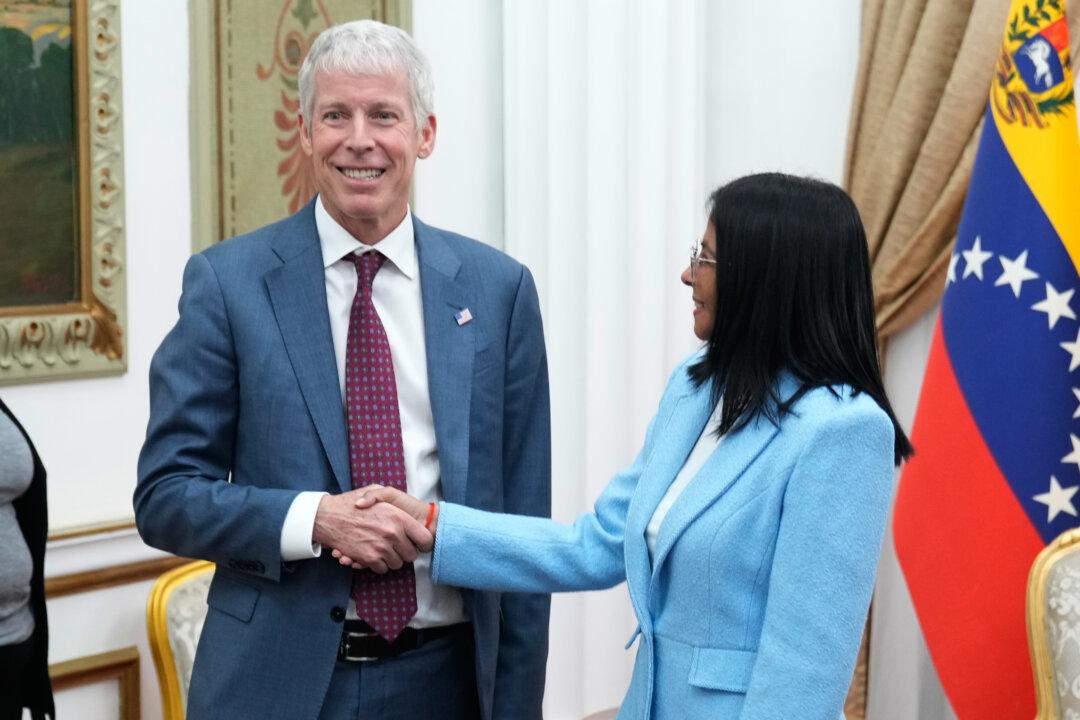The head of Instagram said on Wednesday that the social media platform is working on a version that features a time-based feed, in a congressional hearing regarding the adverse impacts of the app on young children.
“We believe in more transparency and accountability and we believe in more control. That’s why we’re currently working on a version of a chronological feed that we hope to launch next year,” said Adam Mosseri to the Senate’s consumer protection subcommittee. Lawmakers have been summoning tech executives to explain the extent of their platform’s effect on users.





